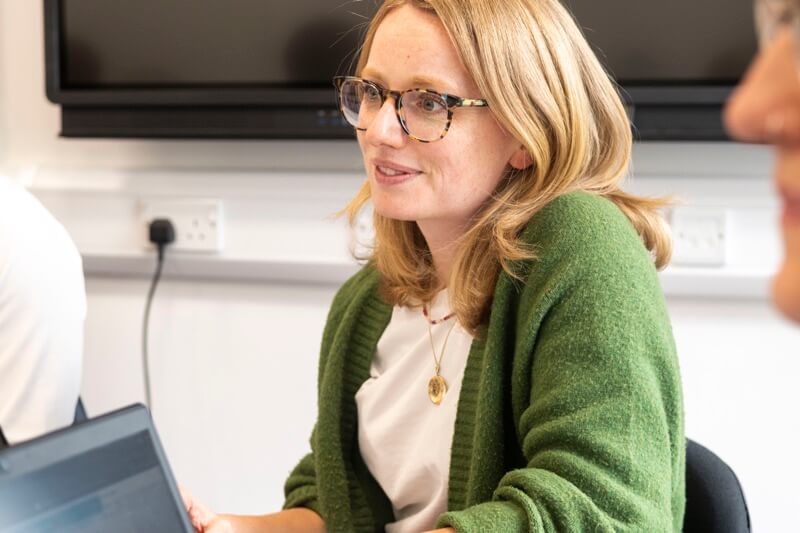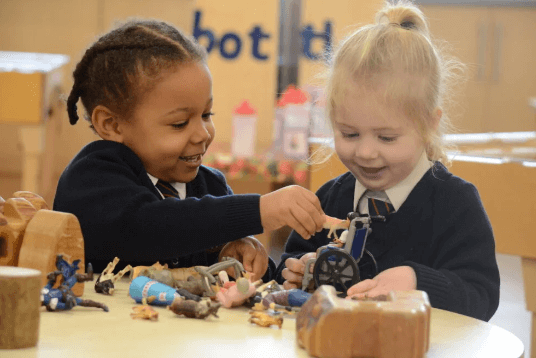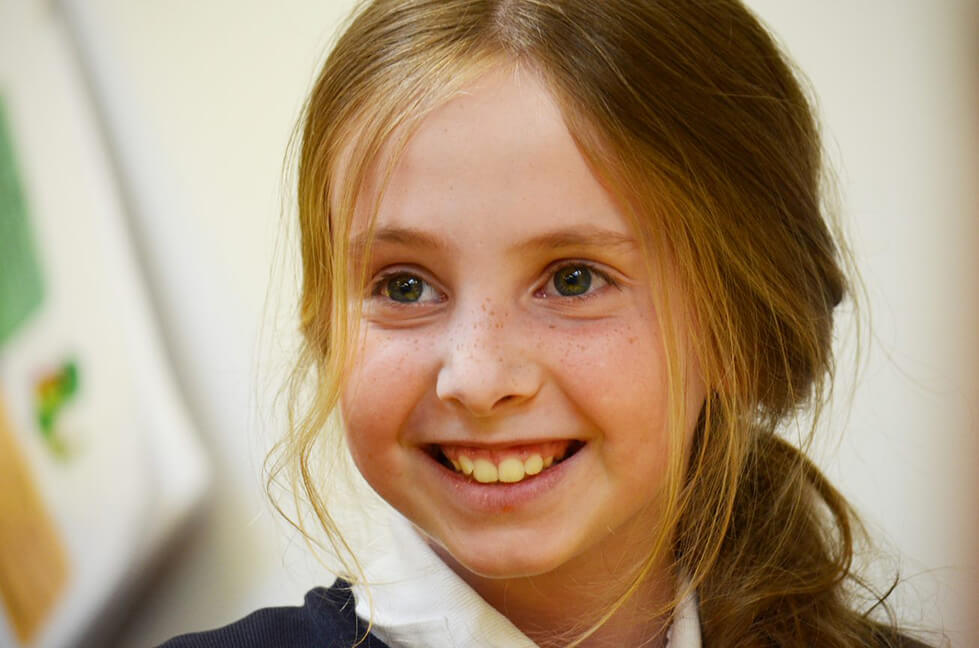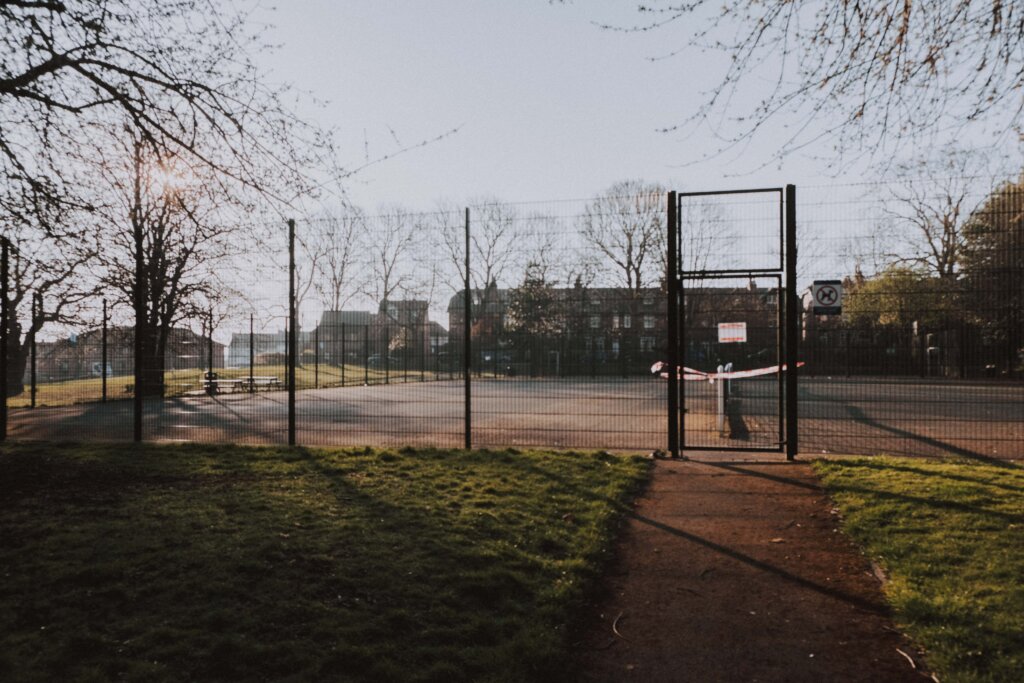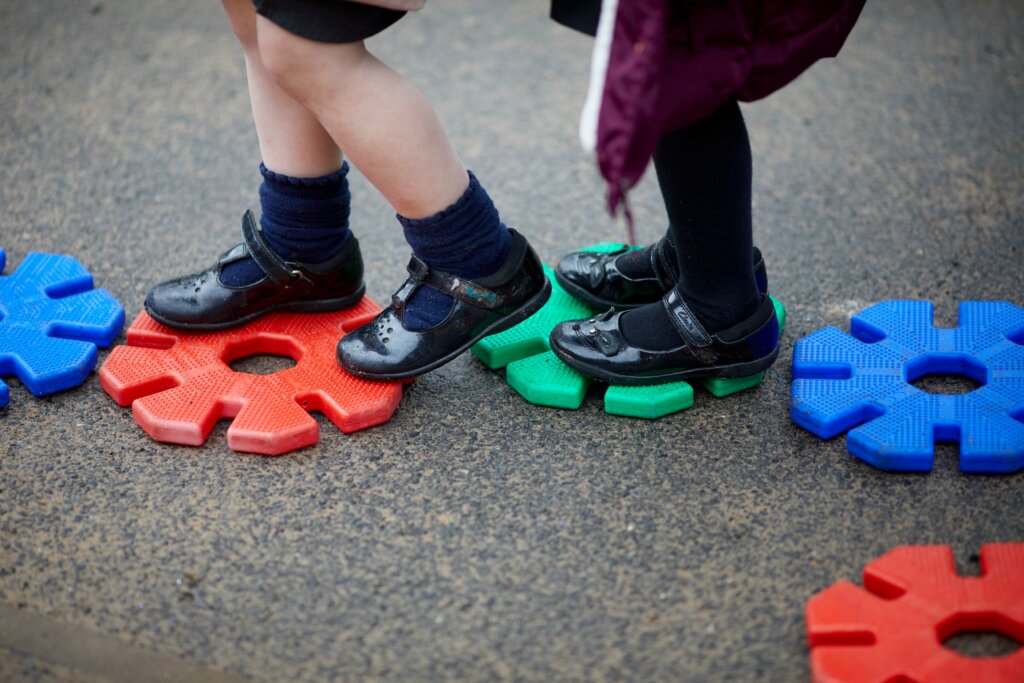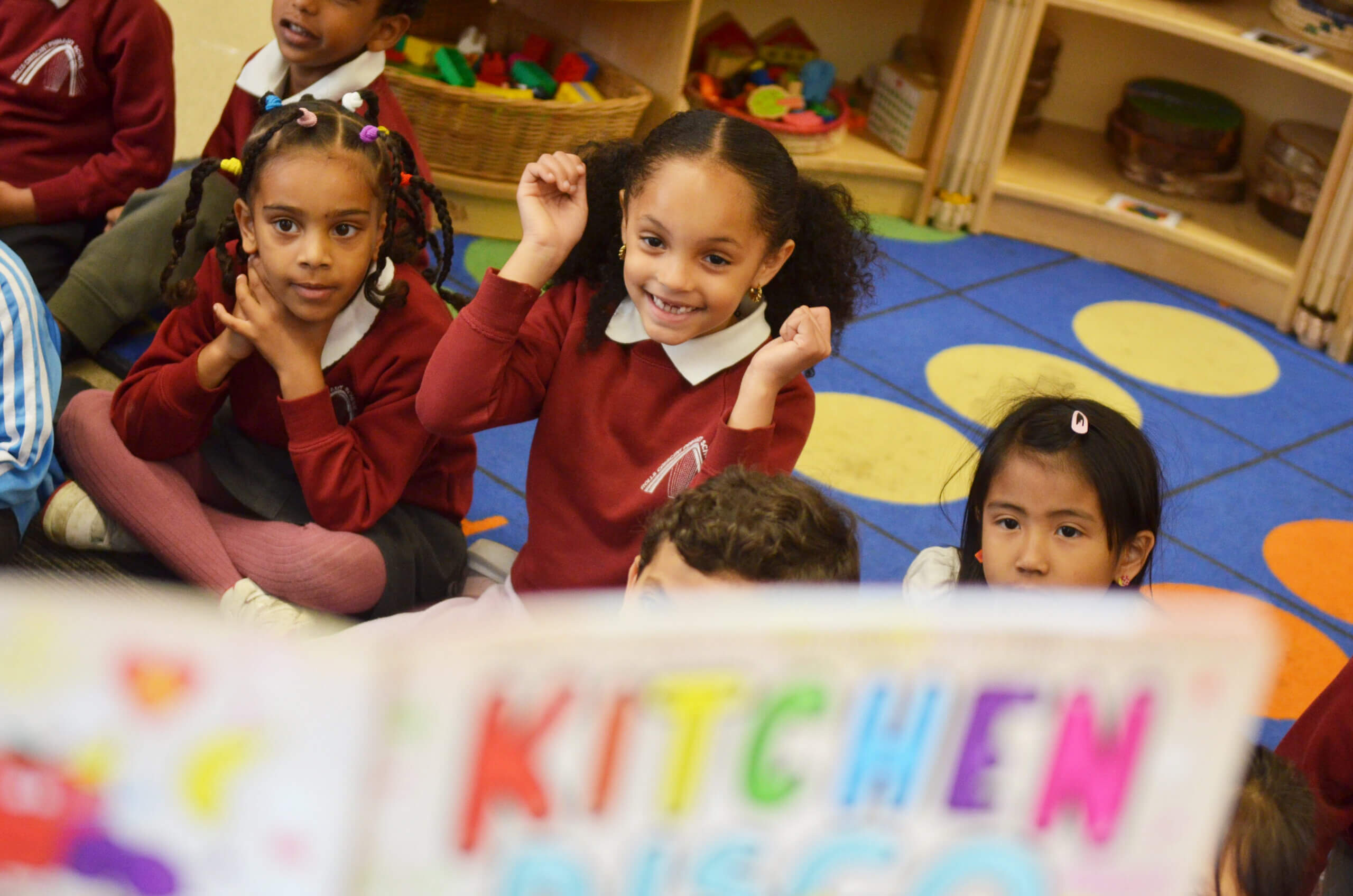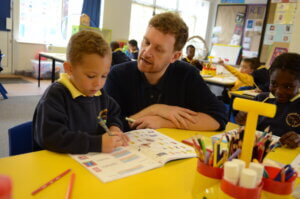What is storytelling?
Storytelling is one of the best ways that brands can connect with their audience – and it works just as well for schools. This is a marketing technique that blends together fact and feeling to create a narrative that explains what the company does and, importantly, who they are. The result is often more natural than a traditional marketing campaign; viewers don’t feel as if they are being sold something, instead they feel as if they are getting to know the brand.
This makes storytelling a particularly effective strategy for schools. After all, as much as picking a school is a logical decision, it is also a very emotional one. Of course, parents want to know about Ofsted judgements and attainment data, but above all else, they want to know their children will be healthy, happy and well looked-after. Storytelling can help you to really convey the culture and community of your school. It is these unique and inimitable qualities that will help you stand out from the crowd.
But school marketing is not only about boosting admissions. It also helps you to strengthen parental engagement, attract new talent, and create links across the wider community. With the power of creative storytelling, your school can connect with a broader audience and build a relationship of trust.
How to tell your story?
They say that a picture is worth a thousand words – but a video is worth even more. Combining motion, sound, text and visuals, video storytelling is a uniquely immersive experience. It has the potential to capture people’s attention and evoke a strong emotional response, making sure your story truly resonates with its audience.
Beyond that, videos can deliver complex information in a way that is quick and accessible. In today’s fast-paced and digitally-driven world, many of us lack both the time and the attention span to digest long pages of information. But by bringing your school ethos and values to life, videos can convey the character of your school in a matter of minutes.
Plus, video is extremely versatile and lends itself to many different platforms. In fact, search engines and social media networks prefer it. This means that it’s much more likely to attract views, comments, likes and shares than other types of content, helping you to ensure your message is heard.
What kind of stories will you tell?
- Promoting your school
They say that every story needs a villain. That’s not quite true when it comes to the story about your school. But if it’s going to be a good story, then there should be at least some kind of conflict, or an unanswered question, that your school can help to resolve.
When creating a promotional video, think about your characters and what they want to achieve – are they worried about their first day at school? Are they unsure about the future, or do they have a dream they are working towards? It doesn’t have to be complicated, but adding this extra layer of depth will pique your viewers’ curiosity and tap into their emotions.
Once you know the question, it’s easy to find the answer. Whether it’s your school ethos, high-quality facilities, extracurricular activities, or a combination of them all, think about your school’s offer and build your story around that. Consider the primary theme or emotion, and make sure that the visuals, colours, and sounds are in alignment, helping you set the tone. As a result, the audience will be able to resonate with your values and picture themselves in school.
- Showcasing events
Filming activities and achievements can help you to capture what school life is really like, improving parental engagement and attracting new admissions. Successful video storytelling might even help you connect with other schools, inspiring collaboration to create more exciting opportunities for pupils. But how do you turn a school event, such as a science fair or a choir service, into a compelling story?
Consider filming behind-the-scenes footage in the lead up to the event. Focus on your characters and try to capture their perspective. This is a great way to build up anticipation by showcasing the energy and atmosphere at your school. Think about how the work that goes into the event also reflects the values of your school – whether it’s resilience, innovation, or showing kindness towards others.
Finally, when the event arrives, you can tell a story that focuses on more than just the highlights. By showcasing the barriers that were overcome and all the milestones that were achieved, you can cultivate an emotional resonance that will make sure your story is a memorable one!
- Interviewing staff, pupils, and parents
By now, you might have a few ideas about the kind of narratives, themes and characters you want to include in your video, but it’s quite a different thing to put pen to paper and write out a script. Fortunately, a script isn’t always necessary to create a good story. In fact, interviews might be a better alternative.
This storytelling device lends itself to moments of serendipity, strengthening the ‘human element’ of your story. The trick is knowing the right kind of questions to ask. Whatever the focus of your story, don’t just ask participants to talk about what happened – ask them how they felt every step of the way. This encourages genuine, heartfelt responses, rather than something that feels staged and rehearsed. Your audience will certainly be able to tell the difference.
Plus, interviews give you the opportunity to answer any questions that your viewers might have. Whether they want to get to know the staff, or learn more about the curriculum, sharing key insights gives the impression that your audience is both listened to and valued.
- Capturing the pupils’ point of view
Point-of-view shots are increasingly popular in advertisements, helping viewers feel as if they are in the thick of the action themselves, rather than watching from a distance. It has even become a popular TikTok trend that many of your pupils might already have some experience with – so why not tap into that creative potential and let pupils create content themselves?
Working together with pupils can help you to branch out into TikTok and Instagram reels, raising your profile through ‘day in the life’ videos, lesson previews and tours of the school. This will help you to connect with current and potential students, encouraging them to get involved and find their place in the school community.
But pupil-led content can also help you to engage prospective parents too. Remember, when parents meet pupils who are polite, confident and enthusiastic, they generally want the same outcome for their own child. Usually, parents have to wait to meet your pupils on Open Days. But seeing them on video can speed up the process!
From telling the history of the school and its vision for the future, to celebrating alumni and supporting transition, the story of a school is never quite finished. But when a story never ends, it can be hard to know where to begin.
We hope this blog has given you some inspiration to help you get started. Remember, inspiration is everywhere if you know where to look for it. It can spring up anytime, anywhere – at staff meetings and coffee mornings and perhaps the next time you’re on lunch duty. Always carry a notebook so you can jot down ideas!
If your school is ready to tell its story, One Education can support you through every step of the process, from the initial storyboard through to filming and editing. Click here for more.

